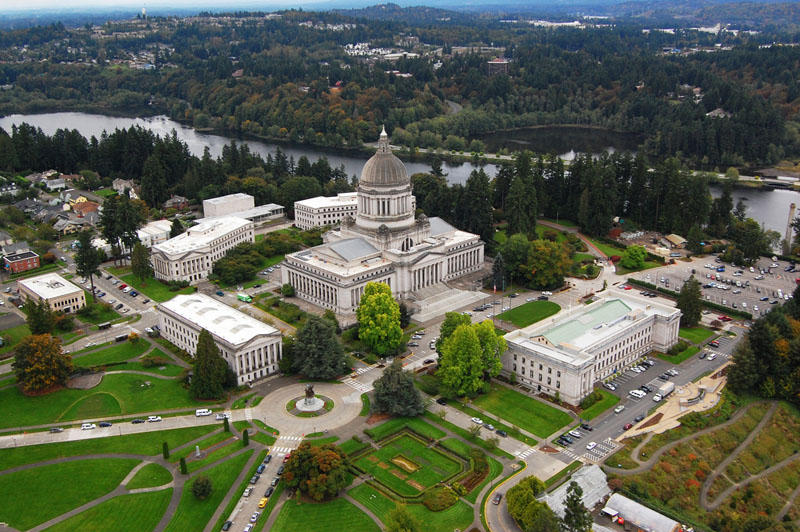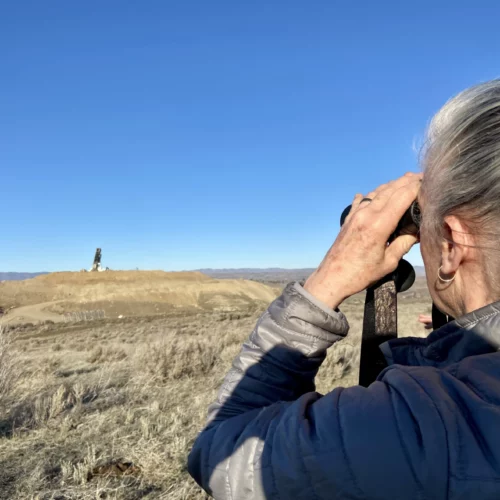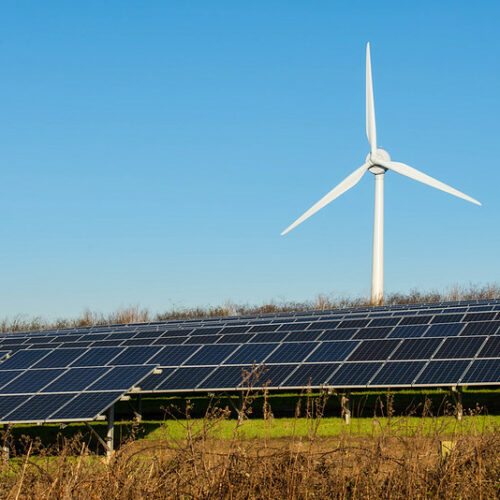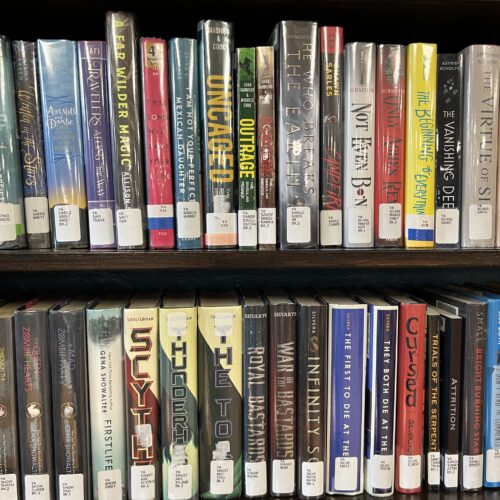
Washington Lawmakers Propose Banning Controversial Type Of Chemicals
Listen
The Washington state House Environment Committee hosted public hearings Tuesday on two bills that would restrict a class of chemicals found in everything from firefighting retardant to food wrappers.
Perflourinated (PFAS) chemicals have been linked to numerous health problems, from endocrine disruption to cancer.
For decades, PFAS chemicals have been used in firefighting foams on military air strips nationwide. One bill before legislators would ban the use of those chemicals in firefighting activities.
Earlier this month, the Navy agreed to pay for a filtration system to protect the water supply in Coupeville on Whidbey Island, where PFAS chemicals have been found in some wells.
Last summer, residents in Airway Heights, outside of Spokane, were advised to drink bottled water when high levels of PFAS chemicals were found in the water supply. The USDA also recalled 160 tons of food manufactured at the Airway Heights Corrections Center last spring because of contamination.
Washington state Rep. Joan McBride has sponsored a second bill that would ban PFAS chemicals from food wrappers by 2021, if the Department of Ecology can find a safer alternative by then.
“I had no idea that popcorn that I might be eating that I popped in the microwave, muffin papers or when I went to fast food and bought French fries—which I practically live on—might be wrapped in chemicals that can migrate from the packaging into the food that I’d be eating,” McBride said.
Food industry and business representatives asked lawmakers to hold off on advancing the bill. They want to wait until the state’s Department of Ecology finalizes their action plan sometime in 2019.
If the legislature passes either bill, Washington would become the first state in the nation to ban such chemicals.
Copyright 2018 Northwest News Network
Related Stories:

Washington state bill could strengthen regulations, increase fines for ‘troublesome’ landfills
While hiking, Nancy Lust, with Friends of Rocky Top, watches a truck dump waste into a landfill in Yakima County. Lust lives near the landfill and has fought to learn

This bill could give Washington tribes, communities more say in wind, solar development
A new bill making its way through the Washington Legislature would require county and tribal approval for new wind and solar projects that go through the state’s Energy Facility Site

Washington state bill could change how rural communities could work to close a library
Young adult books at the Columbia County Library. Some people have requested to move the YA section into the adult section because of what they call “obscene” material in 100















